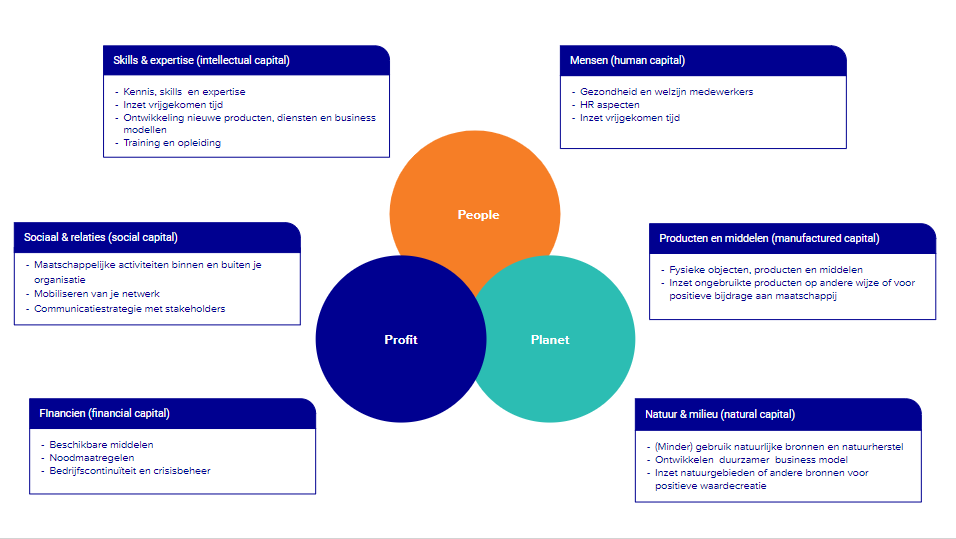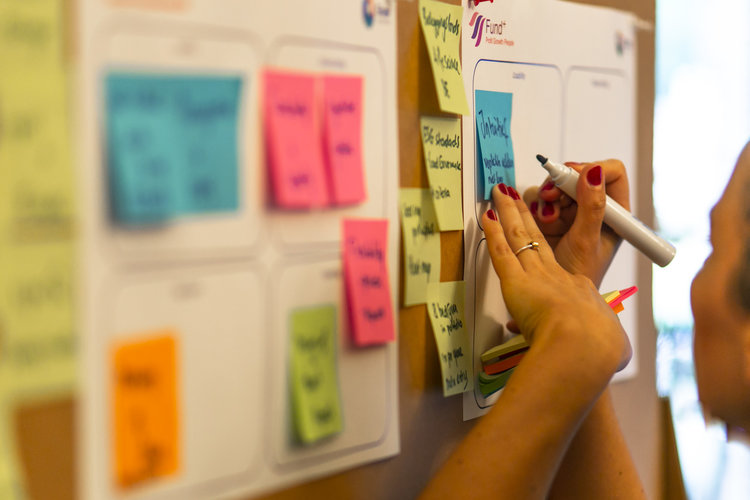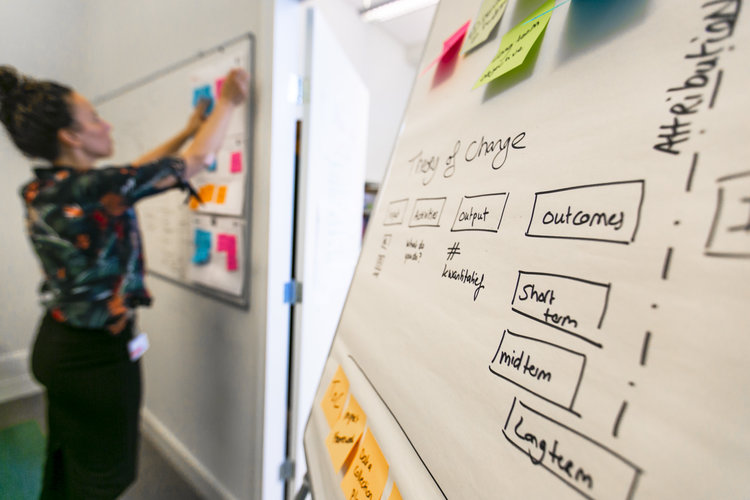The federal government recently announced the first organizations that will be responsible for implementing a program created to help support and invest in social purpose businesses. The program will include financial and programming support for startups.
The Investment Readiness Program, as it is called, is a $50 million project meant to help social purpose businesses become investment ready, in order to access the $755 millionSocial Finance Fund, which falls under the government’sSocial Innovation and Social Finance Strategy. The overall strategy aims to encourage innovative approaches to address social and environmental challenges in Canada by supporting organizations ranging from non-profit charities to for-profit enterprises, like Canadian startups.
“In Canada, we are lucky to live in one of the most equal societies in the world, but our communities still face a number of social, environmental, and economic challenges,” said Jean-Yves Duclos, Minister of Families, Children and Social Development, who announced the recipients. “Social purpose businesses play a vital role in solving these issues.”
The government, through Employment and Social Development Canada, plans to invest the $755 million over the next 10 years, while the $50 million for the Investment Readiness Program will be disbursed over two years to help social purpose organizations improve their ability to participate in the market. The government claims that overall the Social Finance Fund, expected to launch in 2020, could generate up to $2 billion in economic activity.
A social purpose organization is classified on a spectrum somewhere between a non-profit charity and a purely commercial enterprise, and usually seeks a mix of pure financial and pure social returns. The Investment Readiness Program will provide social purpose organizations with the resources they need to purchase technical support, like legal or business services, that are needed to improve organizational preparedness ahead revenue generation and investment opportunities.
Three partner types to implement program
The program will be delivered through three types of partner organizations. The first, handling Ecosystem Mobilization Initiatives, will work to “address key systems gaps.” The partners responsible for this portion of the Investment Readiness Program include Startup Canada, the Carleton Centre for Community Innovation, the Canadian Community Economic Development Network, the Waterloo Institute for Social Innovation and Resilience, the McConnell Social Research and Development, the Centre for Social Innovation, New Market Funds, Imagine Canada, and the Sauder Social Innovation Academy.
Startup Canada told BetaKit said it will be using the funding to launch its ‘Knowledge Mobilization Project’. This initiative aims to recognize enterprises that are achieving the United Nations’ Sustainable Development Goals in Canadian communities. It will identify those that are highly likely to become Investment Readiness Program funding recipients and Social Finance Fund recipients. Startup Canada said it will be releasing more details on the project in the near future.
“The principal objective of the Investment Readiness Program is to improve the ability of social purpose organizations to participate in the social finance market, as well as to engage in procurement and outcomes-based funding opportunities,” a spokesperson from Startup Canada told BetaKit. “Social purpose organizations will develop their capacities along the investment readiness continuum, from early-stage innovation to investor-ready in preparation for the Social Finance Fund.”
Startup Canada said the mobilization will combine both an online digital program to engage the extensive Startup Canada network and regional activities with local startup communities from coast to coast. In addition, Startup Canada will engage social purpose organizations in a survey to gather data, insights, and analyze trends in the area of impact-oriented social enterprise.
The second type of partner, Readiness Support Partners, are responsible for making funding available to the social purpose businesses. There are four groups responsible for implementing the funding: the National Aboriginal Capital Corporations Association, which launched its Indigenous Growth Fund recently, Community Foundations of Canada, Chantier de l’économie sociale, and the Canadian Women’s Foundation.
The third type of partner, Expert Service Providers, will offer specialized knowledge to organizations to support their movement along the “readiness continuum.” These organizations include LIFT Philanthropy Partners, McConnell Innoweave, the Social Enterprise Ecosystem Project, and the Social Venture Exchange.
Source: ISABELLE KIRKWOOD, betakit.com: https://betakit.com/governments-social-finance-fund-includes-support-for-startups
#socialfinance #socialinnovation #impactinvesting #toronto #love #peace #csr #mba #sdgs #wbs #thesectorinc #bradfordturner #fundraising #charity #socialenterprise #change #sustainability #techforgood





